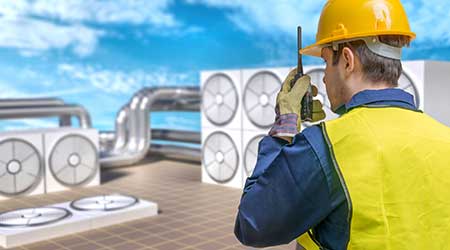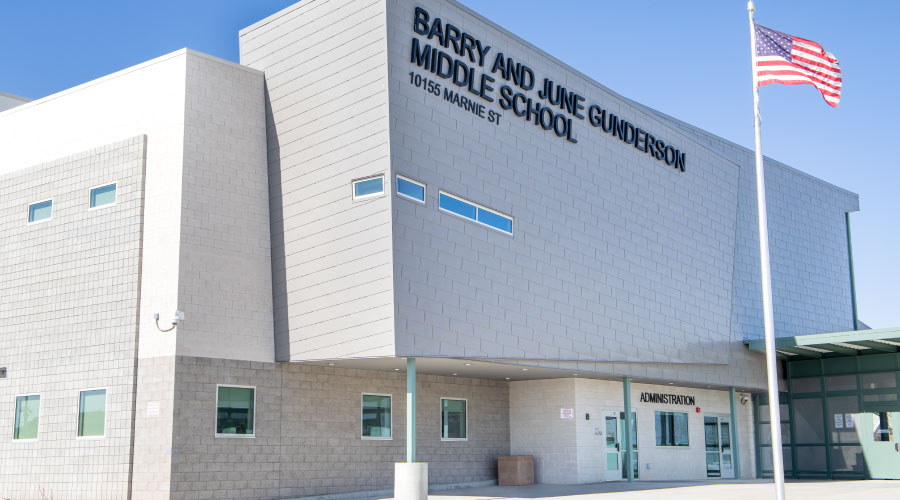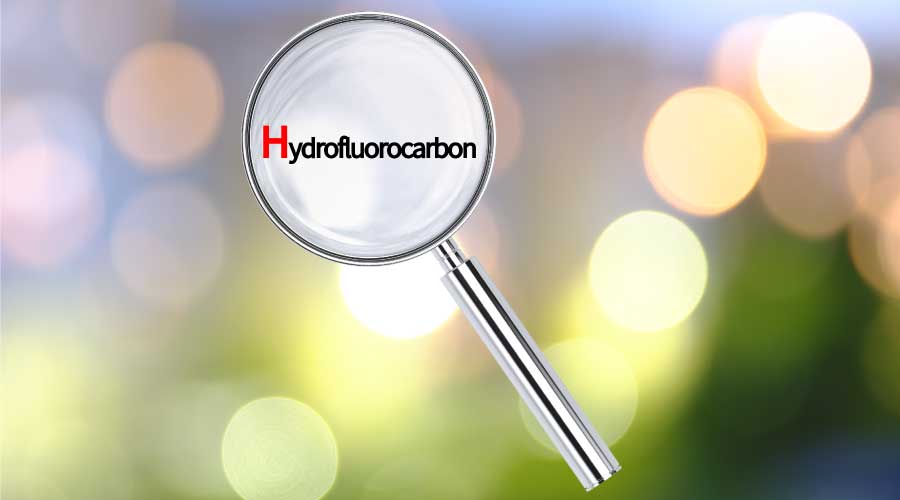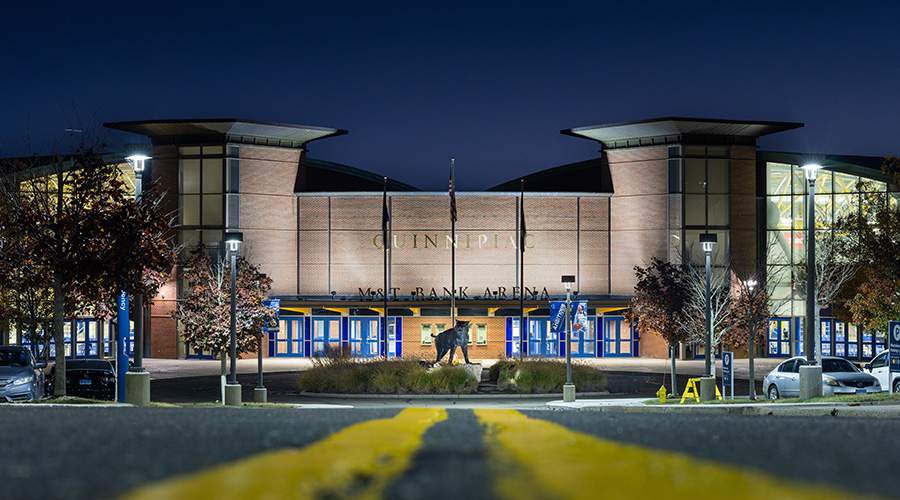 Managers need to determine whether an existing unit can perform recent innovations in heating and cooling that can save hundred of dollars a month.
Managers need to determine whether an existing unit can perform recent innovations in heating and cooling that can save hundred of dollars a month.Proper Maintenance Key in HVAC Repair-Replace Decision
Keeping an eye on the routine maintenance records for an HVAC system can help managers determine if it should be repaired or replaced.
Part two of a two part series.
Eye on maintenance
Even with the best and most up-to-date controls system, a piece of HVAC equipment will not run as efficiently as it ages. One important step in determining when to replace larger units is to carefully examine the unit’s age, repair history and maintenance history. As units age, their key components — motors, drives, valves, etc. — become less effective. As a result, it might be less expensive in the long term to replace the entire system.
Managers can consult the operation manual to determine system age and expected performance life. Managers also should check the unit’s repair history. In some cases, repairs are no more than temporary fixes and not very good ones on top of that.
Poor repairs or short-term repairs can drive up the system’s energy use because they will have to work that much harder to overcome the losses. As the number of repairs increase on a unit, its overall efficiency is going to decrease. Managers also need to determine that technicians are performing proper maintenance on the units. Consistent filter replacements, temperature and pressure logging, and cleaning all play important roles in ensuring that a unit is functioning at its peak performance.
The answer to whether the smartest decision is to repair or replace a unit ultimately depends on the way the building operates and the heating, cooling or ventilation loads the equipment serves. One simple calculation managers can perform to shed light on the issue is to calculate the amount of energy used in the unit — whether it is a chiller, air handler, or a pump — and then determine the amount of energy a newer model of a similar unit would use. If the cost of the unit and installation is less than the total energy savings over the unit’s promised lifespan — e.g. 80,000 kW of energy is saved every year the newer unit runs compared to the older unit running for the same amount of time — a change would be feasible, given that the initial funds are readily available.
From that calculation, managers can determine whether the unit needs replacement or those savings can be found looking at the smaller components of each unit. Managers should not overlook the importance of a quality repair program and regular maintenance on even so-called maintenance free systems. Proper maintenance care can ensure a long and healthy performance life for any large HVAC equipment.
Daniel Baker is a field engineer with Horizon Engineering Associates, www.horizon-engineering.com.
Related Topics:













